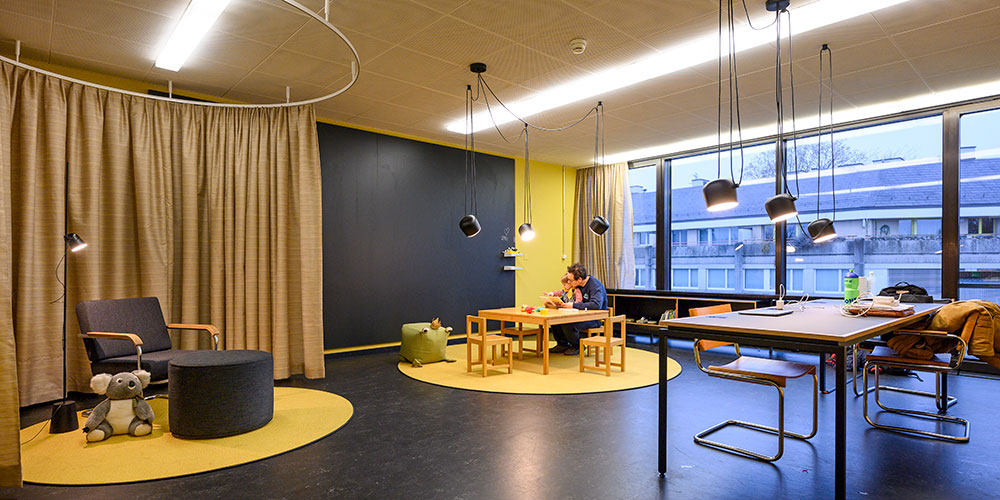Discrimination
“Discrimination is any statement or action that aims to disadvantage or diminish the dignity of a person due, in particular, to their ‘race,’ gender, age, origin, language, religion, physical attributes, views, political beliefs or sexual orientation without any objective grounds for doing so.” (Personal Integrity Regulations, University of Basel).
The Swiss Federal Constitution prohibits discrimination. (Article 8 paragraph 2). In accordance with this ethos, the University of Basel wishes to create learning, teaching and working environments that minimize discrimination.
The University of Basel does not accept discrimination in any form. Acts of discrimination will have legal and disciplinary consequences.
Are you in need of advice and support?
Contact Dr. Cora Wagner, Personal Integrity Coordinator.
Further contact points and information
Non-university contact points:
- Transgender Network Schweiz
- InterAction Suisse – Association Suisse pour les intersexes
- Peer Beratung für junge LGBTIQ+ Personen
- Stopp Rassismus, Contact point BS and BL
- Beratungsnetz Rassismusopfer Schweiz
- Männerbüro Region Basel
- Milchjugend
- Netzwerk Antirassismus
- Meldeplattform für rassistische Online-Hassrede
Cantonal contact points:
- Cantonal Board for Discrimination Issues
- Gleichstellung Basel-Stadt
- Gleichstellung Basel-Land
- Ombudsstelle Basel-Stadt
- Ombudsstelle Basel-Land
- Die dargebotene Hand
University contact points:


